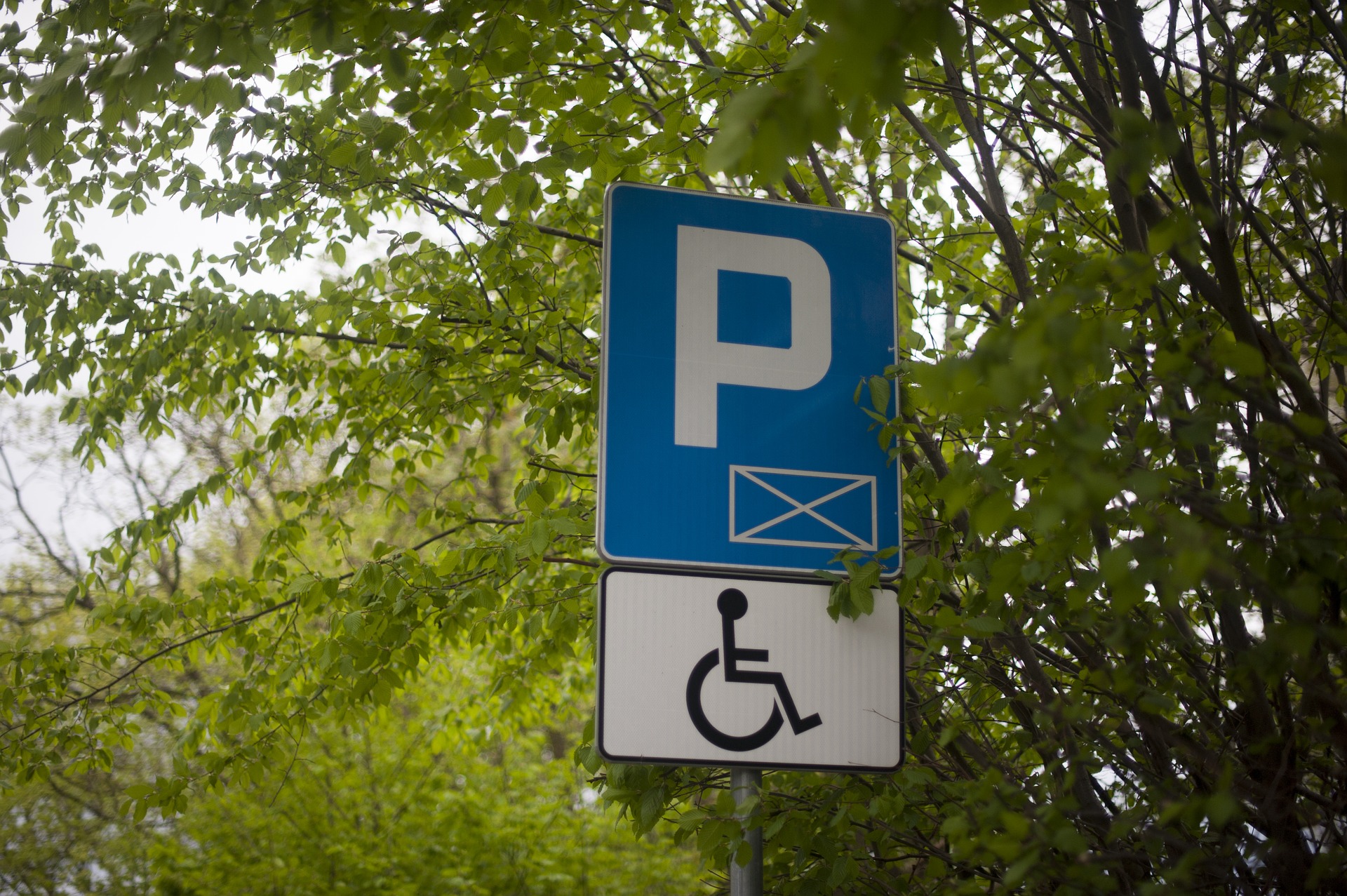The Fair Housing Act (FHA) was created to ensure that Americans receive equal treatment when seeking housing and thereby made it illegal to discriminate against people based upon certain protected classes. Closely related to the FHA, the Americans with Disabilities Act (ADA) was created to ensure that those with disabilities are afforded equal access to public places. You're probably wondering what these have to do with community associations, and the answer is a lot.
The Federal Housing Administration considers homeowner's associations housing providers and therefore, community associations are subject to the provisions of the FHA. Though common areas of associations are largely considered private, the ADA does require housing providers to make reasonable accommodations and to allow people with disabilities to make reasonable modifications to properties if needed which can affect HOAs. If board members aren't familiar with the provisions of the FHA and ADA, they may inadvertently expose their community associations to liability and fines.
Protected Classes and Types of Discrimination
Under the provisions of the FHA, there are the following protected classes: race, religion, color, sex, national origin, familial status, age, and the existence of a disability. Simply put, it is illegal to deny housing or give preferential treatment to anyone based upon any of the abovementioned factors. Violations of the FHA can come with heavy penalties so obviously, this is something community associations would rather avoid. While blatant discrimination is often easy to spot, there are two types of discrimination when it comes to housing.
- Discriminatory Treatment: The victim is expressly treated differently than others in the community
- Disparate Impact: There is no intent to discriminate, but a rule that appears neutral on the surface has a negative impact on a protected class
Questions Surrounding Disability Claims
For the purposes of the ADA, a disability is defined as a physical or mental impairment that substantially limits one or more major life activities. Though there are some disabilities that are easy to see, there are many that are not. This is important because there are rules governing what may be asked about a person's disability when they are requesting reasonable accommodations. When a disability is visibly apparent - say someone is using a wheelchair - then you cannot ask any questions. If someone is claiming to have a disability isn't obvious, then certain questions may be asked; however, it is very important to remain within the limitations of these questions as prying too far into someone's personal business can spell trouble.
there are some disabilities that are easy to see, there are many that are not. This is important because there are rules governing what may be asked about a person's disability when they are requesting reasonable accommodations. When a disability is visibly apparent - say someone is using a wheelchair - then you cannot ask any questions. If someone is claiming to have a disability isn't obvious, then certain questions may be asked; however, it is very important to remain within the limitations of these questions as prying too far into someone's personal business can spell trouble.
When inquiring more about a non-obvious disability, housing providers may ask or require the following in writing from a healthcare professional:
- Confirmation that the person in question does have a disability (though you may not ask what the specific disability is)
- A description of the requested accommodation or modification
- An explanation of the relationship between the disability and the accommodation
Reasonable Accommodations
You're probably wondering what exactly is a "reasonable accommodation" as it relates to the ADA. A reasonable accommodation is a "change, exception, or adjustment to a rule, policy, practice, or service that may be necessary for a person with disabilities to have an equal opportunity to use and enjoy a dwelling, including public and common use spaces, or to fulfill their program obligations."
That's a pretty long definition, so let's use some examples. Reasonable accommodations can be things like allowing a type of assistance animal that would otherwise be against the community's rules, letting an owner construct a wheelchair ramp even though it may go against ARC guidelines or assigning someone a parking space closer to their front door even if your community doesn't allow for assigned spaces. As long as the person's disability is obvious or you've received confirmation from their doctor that they need these allowances, these examples would all fall under reasonable accommodations
If there are reasonable accommodations, there must be unreasonable ones, right? Yep! An accommodation request becomes unreasonable if it doesn't relate to the person's disability. A reasonable accommodation request may also be denied if it will place an undue financial or administrative burden on the HOA or fundamentally alter the nature of the housing provider's program. The determination of such is made on a case-by-case basis and involves numerous factors. If your board is considering deeming a request unreasonable, always consult your attorney.
Reasonable Modifications
What is the difference between accommodations and modifications? Reasonable modifications involve a structural change to the common area or to a person's home and come at the expense of the person with the disability. So, if a person meets all the disability requirements and would like to make a modification to their home or the common area at their own expense, more than likely they must be allowed to do so.
It is important to remember that reasonable accommodations and modifications often overlap. For instance, a wheelchair ramp - is a good example of both. If a homeowner would like to install one on their property and its style doesn’t fit the esthetics of the community, they must be allowed anyway. Can they be required to paint it a certain color at their expense? No - however, if the association would like it a certain color, they can enforce the requirement if they're willing to pay the difference.
There are, of course, many other components to FHA/ADA regulations. In the coming weeks, we will publish part two of this series which will discuss assistance animals, harassment claims, the Housing for Older Persons (HOPA) Act, and what community associations should do when faced with discrimination claims.
If you would like to learn more about the FHA or ADA, consider the information in this outline or watch the CAMS “Ask the Experts” webinar that was recently held on the subject. You can access Part 2 of this series here.


